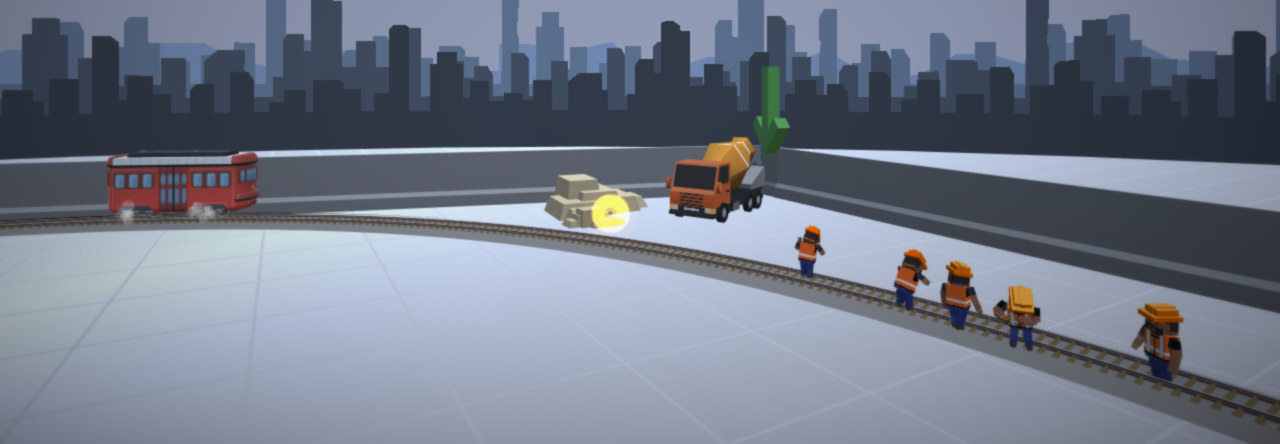The Great Brain Experiment is looking to study our brains in a way that only functional magnetic resonance imaging (fMRI) scanners could before and this is being done using a game. You can download the game onto an iOS or Android device and test yourself and how you compare to others through a series of specially-designed mini games. This is a new project from University College London (UCL) and they are looking to leverage game-collected big data to asses our brains, which is a first as far as I know. This form of data collection can save money because the cost of fMRI time is just too damn high.
“The Great Brain Experiment is one of the first neuroscience experiments to ‘gamify’ data collection and crowdsource it to volunteers. This has the potential to be the largest neuroscience experiment ever conducted, marking a new development in citizen science and allowing us to ask some really interesting questions that have never before been possible to ask in neuroscience.”
My favourite mini game in the app is the picture test, but only because I outperform “the average person” (it’s all about the small victories in life, isn’t it?). “In the game, the user sees a succession of different images, each of which appears very briefly. In the middle might be two different images of cats; at the end, the user is asked to select the second cat out of a choice of four. The majority of people will not be able to answer correctly.”
You can read more about the game from UCL’s press release.
